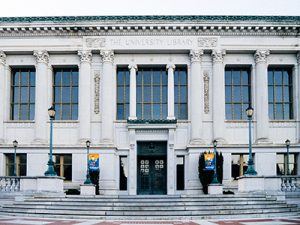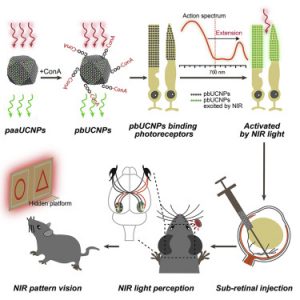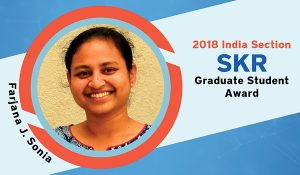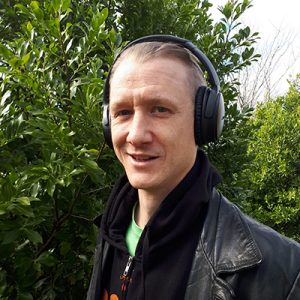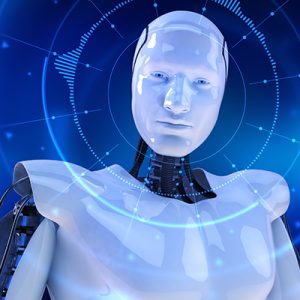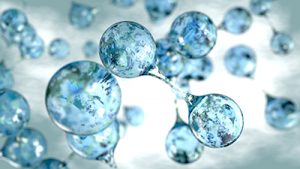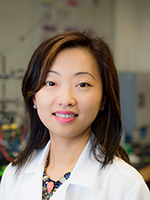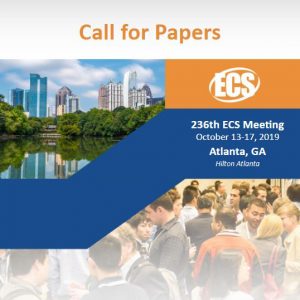 The submission deadline for the 236th ECS Meeting in Atlanta, GA is less than one month away! This is a can’t miss event for electrochemists and solid state scientists, featuring over 55 symposia in the following areas:
The submission deadline for the 236th ECS Meeting in Atlanta, GA is less than one month away! This is a can’t miss event for electrochemists and solid state scientists, featuring over 55 symposia in the following areas:
- Batteries and Energy Storage
- Carbon Nanostructures and Devices
- Corrosion Science and Technology
- Dielectric Science and Materials
- Electrochemical/Electroless Deposition
- Electrochemical Engineering
- Electronic Materials and Processing
- Electronic and Photonic Devices and Systems
- Fuel Cells, Electrolyzers, and Energy Conversion
- Luminescence and Display Materials, Devices, and Processing
- Organic and Bioelectrochemistry
- Physical and Analytical Electrochemistry, Electrocatalysis, and Photoelectrochemistry
- Sensors


